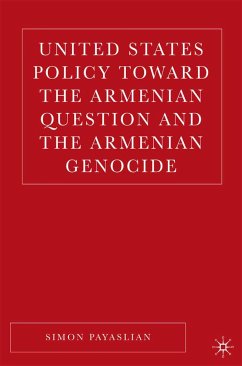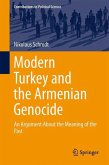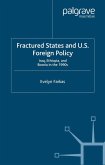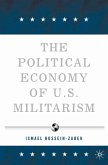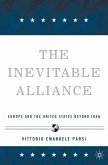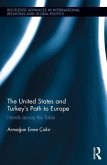This comprehensive analysis of U.S. policy toward the Armenian Question and the Armenian Genocide focuses on the important role big business played in keeping the United States from playing a more active role in opposing the genocide, notwithstanding broad public opinion calling for greater action. Business interests feared antagonizing the Turkish leaders by too much of an intervention on behalf of the Armenians. It surveys the historical evolution of U.S. policy toward the Ottoman Empire since the early nineteenth century and examines the extent to which the missionary community, commercial interests, and international economic and geopolitical competitions shaped U.S. policy during the administrations of William McKinley, Theodore Roosevelt, William Howard Taft and Woodrow Wilson.
"Payaslian has done a magnificent job of bringing together the latest research on Armenian-American relations from the late 19th century through the first quarter of the 20th century and exploding old myths and establishing new truths. Looking at United States policy toward the Armenian Question and the Armenian Genocide, He gives us a clear view of what was really going on in government and in missionary and business circles. His work will become the new standard." - Dennis R. Papazian, Director, Armenian Research Center, The University of Michigan-Dearborn "Payaslian's book provides the most comprehensive study of U.S. policy toward the Armenian Genocide during World War I. He shows how America's response was affected by long-standing missionary connections, geopolitical influences, and economic interests, including oil. All these factors come together in Payaslian's first-rate book, making it a major contribution to historical scholarship."
- Lloyd E. Ambrosius, Samuel Clark Waugh Distinguished Professor of International Relations & Professor of History, University of Nebraska-Lincoln
- Lloyd E. Ambrosius, Samuel Clark Waugh Distinguished Professor of International Relations & Professor of History, University of Nebraska-Lincoln

